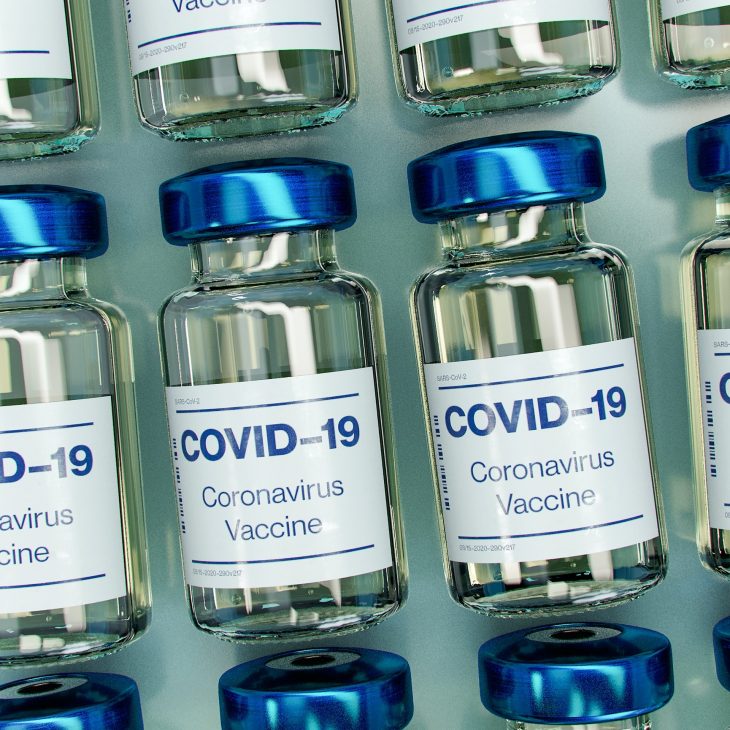Faith Leaders Can Help End COVID-19 Pandemic by Promoting Vaccination
December 1, 2020

(RNS) — For those of us steeped in faith traditions, it is impossible not to see the current pandemic through the world religions’ great parables. A plague is ravaging the land, sickening people and upending social structures that promote survival. All the while, strife and bitterness triumph precisely when love and caring should prevail.
Into this parable comes a miracle in the form of a vaccine. Through a lens of faith, we can recognize that the human insight, wisdom and creativity that allows us to invent a vaccine is a sign of God’s infinite power and compassion working through us. Over the past centuries, in ways most miraculous, vaccines have spared the lives and ensured the health of countless people.
In the smallpox outbreaks in the 18th and 19th centuries, clergy such as Cotton Mather were crucial in convincing dubious Americans in Boston and New York to submit to variolation and vaccination. Faith leaders can have a similar role to play in bringing an end to the COVID-19 pandemic.
The promise of vaccines has recently been challenged by fear, mistrust and discord. Some surveys show that vaccine hesitancy may lead as few as 50% of Americans, far short of the estimated minimum 70% threshold needed, to accept a vaccine.
The two primary vaccines that have shown promise against COVID-19 thus far are the product of collaboration by the world scientific community, major U.S. government investment and recent advancements in technology. The speed with which they’ve been created is unprecedented. Paradoxically, the efforts and successes that produced these results are so spectacular that they engender doubt: How could a medicine produced so quickly be safe?
Testimony from scientists alone will not rid Americans of their doubts. Though the scientists will present their evidence, the dispassionate language of scientific research isn’t enough to unite people around a common goal, especially when doubt has such a long head start.
The Book of Exodus tells how a community that is freed from bondage was nonetheless filled with widespread doubt, complaint and desire to “let others go first.” They had overcome the most powerful empire in the world and were fed, led and instructed by a consistent string of miracles directly from God. Their response? “Let us choose a (new) leader and go back to Egypt.” As humans, we dismiss what we do not fully comprehend.
Faith leaders in every community can take steps to reverse this tendency, beginning with three essential actions: Clergy need to educate ourselves about COVID-19 vaccines, seek the advice of local medical professionals whom our communities trust and listen to our community to understand their concerns.
We should be ready to help members of our communities overcome the practical obstacles to getting vaccinated by providing transportation, replacing lost wages due to missed work and providing help with child, senior or dependent care while people get vaccinated.
And of course, clergy need to get vaccinated themselves. The waters of the Red Sea did not part until an average, unassuming man, Nachshon, literally “took the plunge” and stepped into them. Later in Exodus, as Moses brings the Israelites the Ten Commandments down from Mount Sinai, the Israelites at last uttered what became a fundamental credo of my faith: we will do and we will hear.
In the search for the good and the right, we must act so that others will follow.
(Rabbi Julie Schonfeld, the former CEO of the international Rabbinical Assembly, is founder of Leading Ethics, a consultancy that helps organizations grow by building trust. She is a candidate for a master of public health from the CUNY Graduate School of Public Health and Health Policy. The views expressed in this commentary do not necessarily represent those of Religion News Service or Interfaith America.)
Share
Related Articles
American Civic Life
Faith Based Efforts Work in Vaccine Uptake: Now Let’s Make it Easy
American Civic Life
American Civic Life



